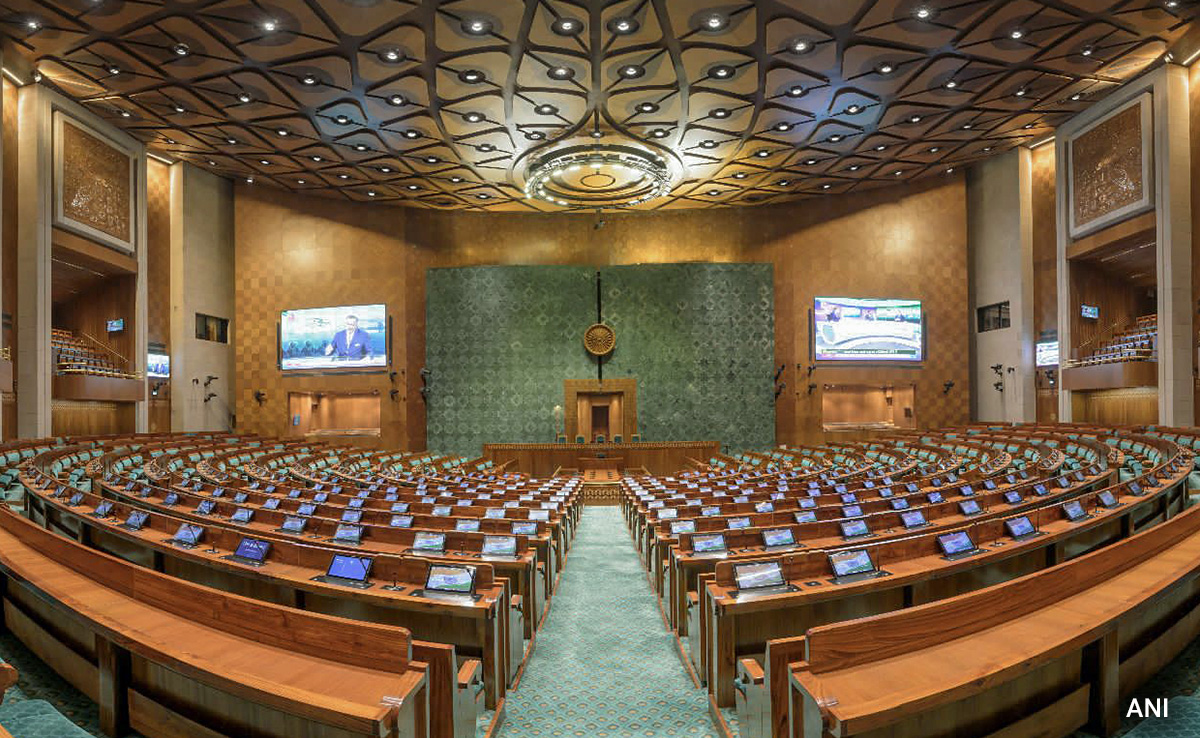
The 18th Lok Sabha is upon us. The Bharatiya Janata Party (BJP) has 13% women amongst their MPs. Their alliance partners, the Janata Dal (United) (JD-U) and the Telugu Desam Party (TDP), have 17% and 6% women MPs, respectively. The Samajwadi Party (SP) has 14% women MPs, while the Congress has 13%. Of the 12 candidates who were given tickets by the All India Trinamool Congress (TMC), 11 won. That's a clear topper, with 38% of women MPs in the Lok Sabha.
Women hold 26% of seats in national parliaments around the world. The representation of women in the 18th Lok Sabha is half of this - a measly 13.6%. This is down from the 14.4% of the 17th Lok Sabha. Women comprise nearly half of India's electorate. Yet, in 150 constituencies, there was not even a single woman on the ballot! India ranks 145 out of 185 countries in terms of women's representation in the lower house of parliaments.
West Bengal's Women MPs
Across the country, the highest number of women candidates who won from a state in the election for the 18th Lok Sabha came from... you guessed it right: West Bengal. You would recall, Narendra Modi began his campaign in West Bengal by addressing rallies in three constituencies - Arambagh, Krishnanagar and Barasat - all three with sitting women MPs. To further heighten the pitch, Modi, the BJP's lead campaigner, spoke to the two women BJP candidates from these constituencies. In what might be a first, these private telephone calls were then widely amplified in the media. Did any of this work? No. The BJP lost all three seats. Trinamool's Mitali Bag, a 47-year-old Integrated Child Development Services (ICDS) worker, won Arambagh. Barasat and Krishnanagar were convincingly retained by Dr Kakoli Ghosh Dastidar and Mahua Moitra, respectively.
I am looking forward to meeting two young ladies in Parliament - both of them a few years younger than my daughter. Sanjana Jatav of the Congress, the 26-year-old Dalit woman who won from Bharatpur in Rajasthan, and Priya Saroj of the SP, the 25-year-old Dalit who won from Uttar Pradesh. In Gujarat, first-time contender Geniben Nagaji Thakor became the first woman candidate to win the Banaskantha seat in over six decades. Historic mandates.
The Women's Reservation Bill
For all their hot air on the Women's Reservation Bill (Act), the number of female candidates fielded by the BJP who won in 2024 came down by 30%. It's not only about giving women tickets for the parliamentary elections; it is about placing them in winnable seats.
Of the 72 Ministers announced in the newly formed cabinet, only seven are women. Of this, only two have been given key cabinet positions of the 30 available.
A day before results were announced for India's general election this year, a Latin American country scripted history. The two major political coalitions in Mexico - with an electorate of 96 million voters - nominated women candidates for their Presidential elections. Ms Claudia Scheinbaum defeated Ms Xochitl Galvez to become the country's first woman President. Mexico achieved gender parity in Parliament in 2018, with 49% women in the Chamber of Deputies and 51% in the Senate. Bengal is getting there. The rest of India has a good example to follow.
(Derek O'Brien, MP, leads the Trinamool Congress in the Rajya Sabha)
Disclaimer: These are the personal opinions of the author


